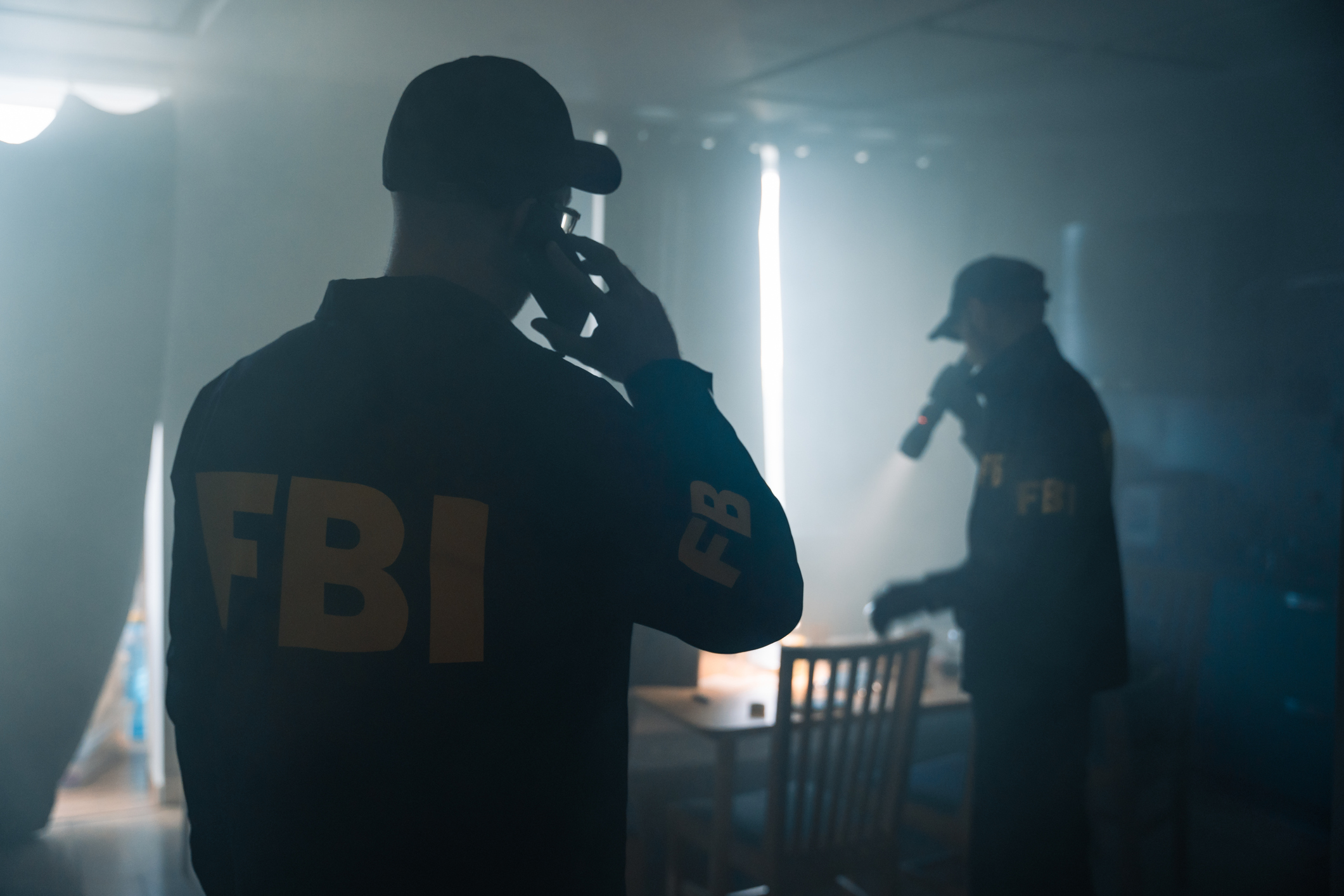The United States Supreme Court will hear a case brought by an Atlanta family after FBI agents brutally raided their home, left after realizing they had the wrong address, then refused to cover the cost of damages.
The non-profit Institute for Justice (IJ) announced the Court “agreed to hear the case of an Atlanta family harmed by a mistaken FBI SWAT raid on their home. Despite the trauma inflicted on the innocent family, the government refused to cover costs of Trina Martin, her son Gabe, and her partner Toi Cliatt.”
The IJ is representing the family in a lawsuit against the federal government under the Federal Torts Claims Act (FTCA.)
“What happened to us was deeply unjust, and I’m relieved that the Supreme Court is taking up our fight for justice and accountability,” said Trina. “Congress wanted people in our unfortunate position to have the right to sue. When the government harms innocent people, it has a responsibility to make things right.”
“Congress amended a federal statute to ensure that victims of wrongful federal police raids have a remedy in American courts,” said IJ Senior Attorney Patrick Jaicomo. “It’s time for the Supreme Court to make it clear that the FTCA means what it says, and courts have no business carving exceptions into the statute Congress passed.”
“When police—including the FBI—raid the wrong house, they must be held responsible for the damages,” said IJ Senior Attorney Anya Bidwell. “The 11th Circuit let the government off the hook in this case, and we are hopeful that the Supreme Court will do the right thing and ensure that Americans can feel secure in their own homes.”
According to IJ:
Their story starts before the sun rose over their Atlanta home one morning in 2017. Trina Martin, Gabe, and Toi were jolted awake by the sound of a flashbang grenade exploding in their living room. Toi, fearing that the home was being robbed, pulled Trina into the bedroom closet and reached for his legally owned shotgun. Just as he was about to grab it, an FBI agent barged in, threw him to the ground, and began interrogating him and Trina. All the while, Gabe (seven years old at the time) was separated from his mother as officers stormed into his bedroom with guns drawn.
When Toi told the agents his address, it dawned on them that they had raided the wrong house. The FBI had a warrant—for a house with a different address number on a different street. Now, the Institute for Justice (IJ) is asking the U.S. Supreme Court to revive their lawsuit for accountability, which has been thrown out by the lower courts.
After realizing their mistake, the FBI agents quickly left and raided the correct house. Afterward, one of the agents returned, apologized, and gave Toi his supervisor’s business card to discuss paying for the damage. Toi called the number on the card, but it quickly became clear that the federal government did not plan to help. With no other way to recover for these injuries, Trina, Gabe, and Toi filed a lawsuit under the FTCA.
For most of the nation’s history, sovereign immunity barred people from suing the federal government for its employees’ actions. By passing the FTCA in the 1940s, Congress changed things. A landmark piece of legislation, the FTCA waived sovereign immunity for certain actions taken by federal employees that led to personal injury or property damage. Thirty years later—and explicitly in response to two wrong-house raids like the one Trina, Gabe, and Toi suffered—Congress expanded the law to make it clear that the actions of federal law enforcement officers were included. A bipartisan (and bicameral) group of Congress members joined together on an amicus brief in support of the petition.
But the FTCA includes a host of exceptions, and circuit courts can’t agree on when they apply. In Trina, Gabe, and Toi’s case, the 11th U.S. Circuit Court of Appeals ruled that the FTCA’s “discretionary function exception” defeated some of their claims. That exception shields the United States from liability when a federal employee exercises discretion to advance federal policy. But FBI agents don’t have discretion to raid the wrong house. And doing so certainly does not further any federal policy. Other courts have recognized this. Had Trina, Gabe, and Toi brought their lawsuit in most other circuits, the discretionary function exception likely wouldn’t apply at all.
The 11th Circuit also found that Trina, Gabe, and Toi’s lawsuit was barred by the Supremacy Clause of the United States Constitution. No other circuit has taken this position—and for good reason. The Supremacy Clause simply declares that if a federal law and a state law conflict, the federal law wins. But the FTCA is a federal statute, so there is no conflict for the Supremacy Clause to settle.
The opinions expressed in this article are those of the author and do not necessarily reflect the positions of The Republican Standard.






